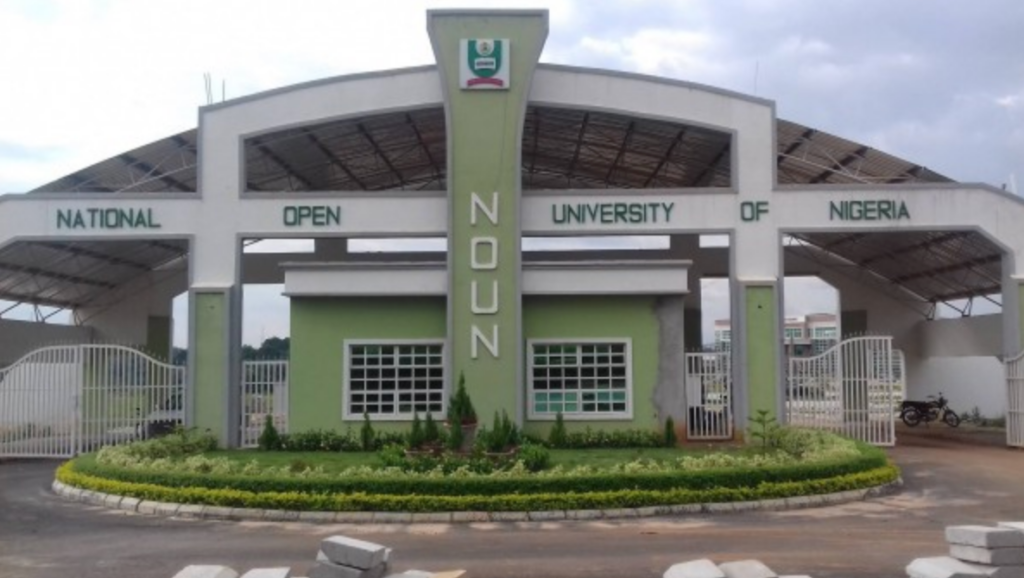
Minister of Aviation, Hadi Sirika, who made the declaration yesterday in Abuja, hinted that successful completion of the roadmap would increase contribution of the industry to the economy from the current 0.6 per cent to five per cent, amounting to about $14.2 billion.
While presenting his scorecard during the National Aviation Stakeholders Forum, Sirika submitted that items in the roadmap had been achieved.
The ministry, in 2016, launched a 12-point framework for the sector. It included establishment of a national carrier, development of agro-allied /cargo terminals, establishment of Maintenance, Repairs and Overhaul (MRO) centre, Aviation Leasing Company (ALC), Aerotropolis (airport cities), Aviation & Aerospace University and concession of the five international airports (Abuja, Lagos, Enugu, Kano and Port Harcourt).
Others, according to the plan are: “Upgrade of NCAT into an ICAO Regional Training Centre of Excellence, Designation of Four International Airports as Special Economic Zones, Introduction of Policies on Remotely Piloted Aircraft, Adherence to Employment Policies on Enforcement of Expatriate Quota, Upgrade of Accident Investigation Bureau (AIB) to a Multi-modal Accident Investigation Agency – Nigerian Safety Investigation Bureau (NSIB).
He maintained that the process for kick-off of the national carrier, Nigerian Air, was in the final phase, as negotiation meeting with the Ethiopian Airlines Group Consortium and the Federal Government is ongoing.
The minister said the benefits Nigeria stands to derive from the establishment of the national carrier are reduced capital flight, optimal benefit of BASA and SAATM and development of an aviation hub.
He continued: “National carrier will contribute to GDP; facilitate hospitality and tourism; facilitate growth and development of the Nigerian agricultural sector and create jobs around the Agro cargo terminals.”












